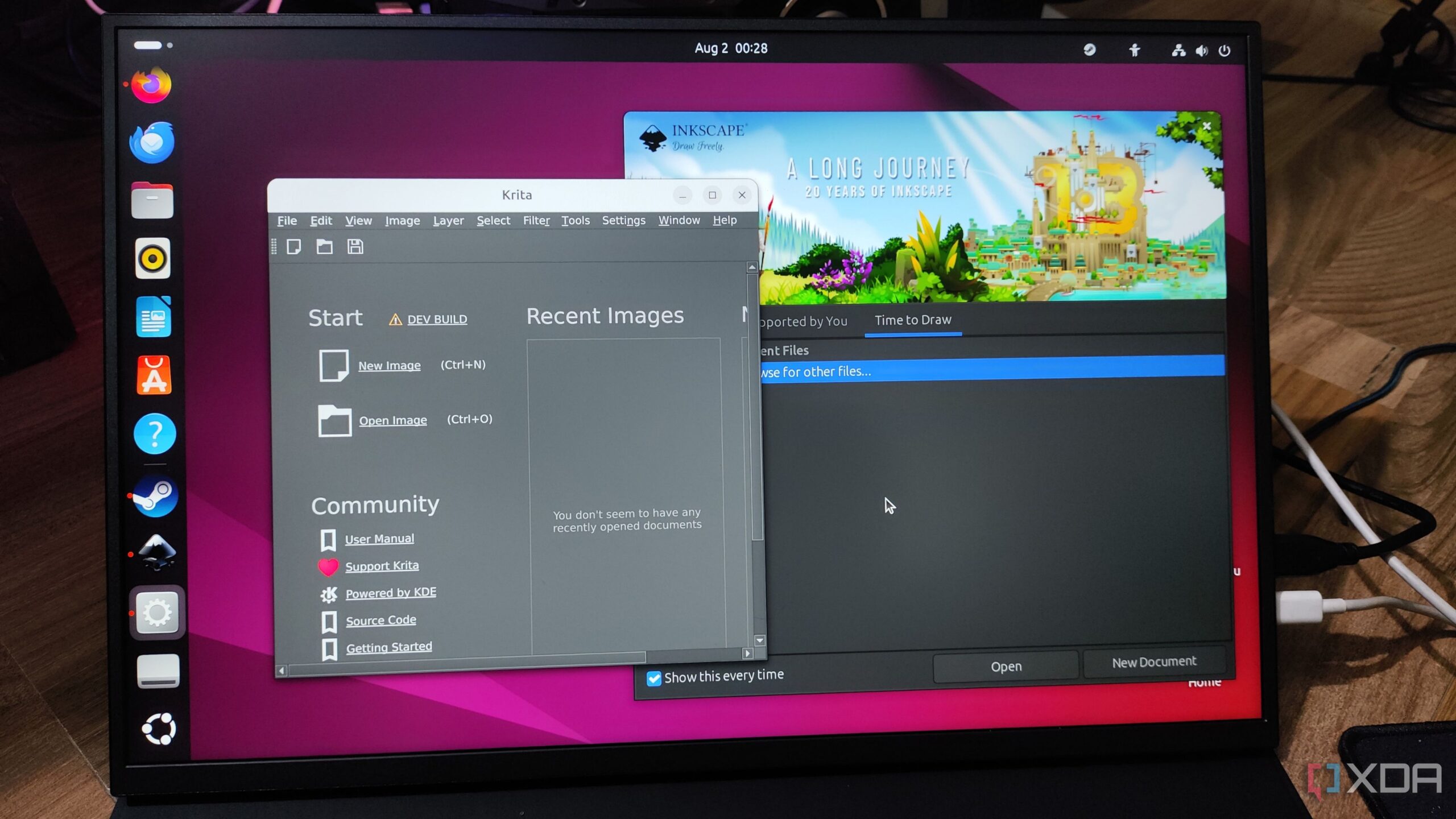URGENT UPDATE: In a significant breakthrough for tech enthusiasts, Ubuntu Server has emerged as a superior alternative to traditional NAS operating systems, according to recent analyses. This revelation is crucial for users seeking flexibility and control in their data management solutions.
As of October 2023, the tech landscape is buzzing with excitement as Ubuntu Server proves to be a game-changer. Unlike conventional NAS systems such as those offered by Synology and QNAP, which often confine users to rigid ecosystems, Ubuntu Server promotes user autonomy. This is vital for individuals and businesses looking to customize their setups without restrictions.
Why does this matter RIGHT NOW? The latest insights reveal that most NAS operating systems lock users into specific hardware and software configurations. This can lead to obsolescence when manufacturers stop supporting their products. Ubuntu Server, however, allows users to select their own hardware and software components, enabling seamless upgrades and modifications.
One of the standout features of Ubuntu Server is its transparency. Many closed systems obscure vital system information, complicating issue resolution. In contrast, Ubuntu provides a comprehensive dashboard where users can easily access logs and service details. This transparency means that troubleshooting becomes efficient, allowing users to address problems without waiting for manufacturer support.
Developments in functionality are striking. Ubuntu Server supports a wide range of applications, from Docker containers to complex scripting tasks. Unlike its competitors, which offer limited app stores, Ubuntu welcomes diverse applications, transforming a simple NAS into a full-fledged home server. This flexibility is critical for tech-savvy users who require more than just storage solutions.
Performance tuning is another area where Ubuntu shines. Users can adjust kernel parameters and optimize settings like SSD caching and ZFS configurations without relying on manufacturer updates. This level of control is indispensable for those demanding high performance and reliability under heavy workloads. Ubuntu Server empowers users to fine-tune their systems, ensuring peak performance.
Long-term stability is also a priority for Ubuntu. Many NAS operating systems operate on extended update cycles, which can delay crucial security patches. Ubuntu’s LTS releases offer stable environments while still supporting new hardware. This ensures users can maintain a current and secure system without frequent disruptions.
As users’ needs evolve, Ubuntu Server adapts seamlessly. From simple home setups to comprehensive systems managing backups, media streaming, and surveillance, Ubuntu accommodates growing demands without forcing users to navigate unfamiliar interfaces. This adaptability is essential for those looking to scale their operations without compromise.
Ubuntu Server may not boast the user-friendly interfaces of systems like Synology’s DSM, but it provides unparalleled freedom for knowledgeable users. The platform empowers individuals to take complete control over their data and hardware configurations.
What’s next? As more users explore Ubuntu Server for NAS solutions, industry analysts predict a shift in how personal and business data management is approached. This trend signals a growing demand for customizable, transparent, and performance-oriented systems in the tech landscape.
In summary, Ubuntu Server stands out as a robust, flexible, and user-centric alternative that meets the needs of modern data management. As users seek greater control and customization, this operating system is poised to reshape the NAS market.





































































